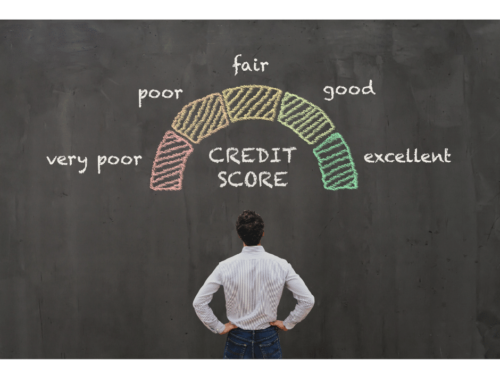Closing the Sale – Escrow
To finalize the sale of the home a neutral, third party (the escrow holder, a.k.a. escrow agent) is engaged to assure the transaction will close properly and on time. The escrow holder ensures that all terms and conditions of the seller’s and buyer’s agreement are met prior to the sale being finalized, including receiving funds and documents, completing required forms, and obtaining the release documents for any loans or liens that have been paid off with the transaction, assuring you clear title to your property before the purchase price is fully paid.
The documentation the escrow holder may be collecting includes:
- Loan documents
- Tax statements
- Fire and other insurance policies
- Title insurance policies
- Terms of sale and any seller-assisted financing
- Requests for payment for various services to be paid out of escrow funds
Upon completion of all instructions of the escrow, closing can take place. All outstanding payments and fees are collected and paid at this time (covering expenses such as title insurance, inspections, real estate commissions). Title to the property is then transferred to the seller and appropriate title insurance is issued as outlined in the escrow instructions.
At the close of escrow, payment of funds shall be made in an acceptable form to the escrow. As your real estate agent, I’ll inform you of the acceptable form.
The Escrow Holder Will
- Prepare escrow instructions
- Request title search
- Comply with lender’s requirements as specified in the escrow agreement
- Receive funds from the buyer
- Prorate insurance, tax, interest and other payments according to instructions
- Record deeds and other documents as instructed
- Request title insurance policy
- Close escrow when all instructions of seller and buyer have been met
- Disburse funds and finalize instructions
The Escrow Holder Will NOT
- Give advice – the escrow holder must maintain neutral, third-party status
- Offer opinions about tax implications
Mortgage Escrow Account
A Mortgage Escrow Account is established to pay on-going expenses while there is a loan on the house. These expenses include property taxes, home insurance, mortgage insurance, and other escrow items. Generally, the Escrow Account is partially funded at closing and the home buyer makes on-going contributions through their monthly mortgage payment.



